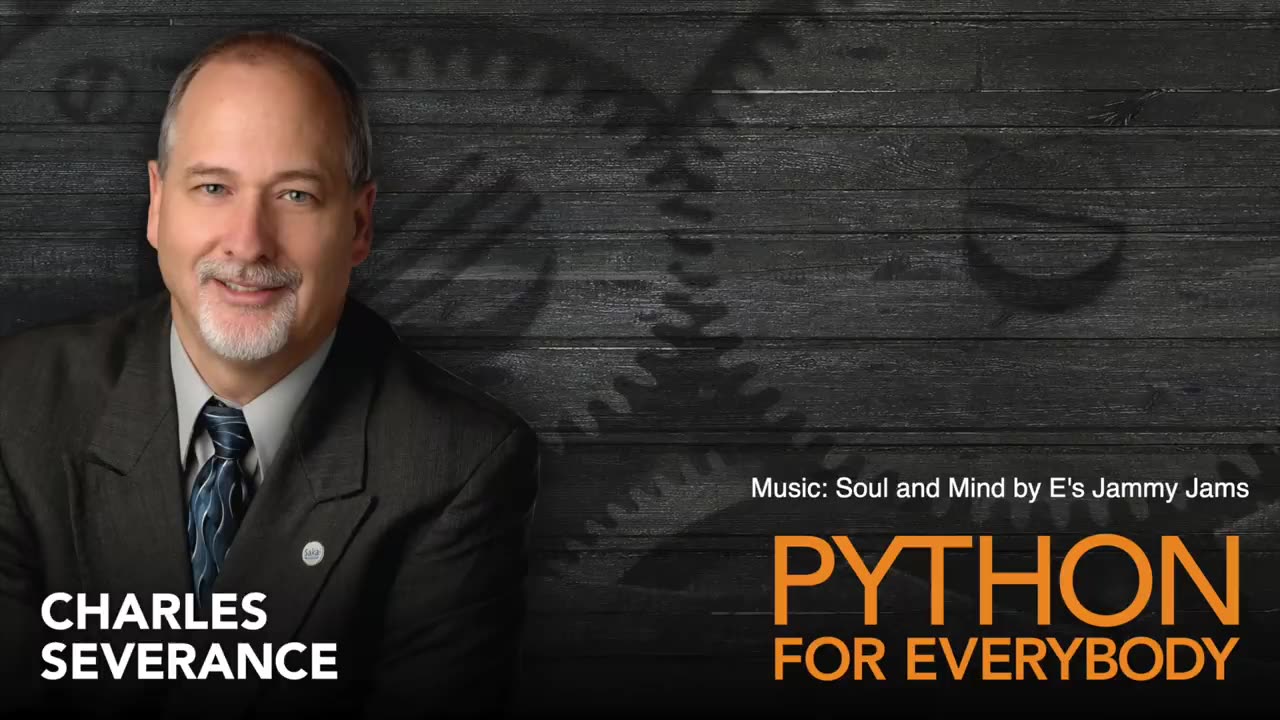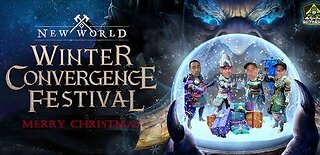Premium Only Content

Python for everybody
Python is a high-level, interpreted programming language that has gained widespread popularity among developers due to its simplicity, readability, and versatility. It was created by Guido van Rossum and first released in 1991. Since then, it has become one of the most popular programming languages in the world, used in a wide range of applications, from web development to scientific computing, machine learning, data analysis, and automation.
This Python tutorial will cover the basics of the language, including data types, variables, operators, control structures, functions, and modules. We will also explore more advanced topics, such as object-oriented programming, file handling, and working with external libraries.
The tutorial will start with an introduction to the Python language and its features, followed by an explanation of the Python environment and how to set up your development environment. We will then dive into the language syntax and programming constructs, including control structures, data types, functions, and modules.
We will also cover object-oriented programming (OOP) in Python, which is a powerful programming paradigm used to model complex systems. OOP allows developers to create objects that encapsulate data and functionality, making it easier to organize and manage code.
Next, we will explore file handling in Python, which is an essential skill for developers who work with data. We will discuss how to read and write files, parse data, and manipulate files using Python.
Finally, we will look at some of the most popular Python libraries, such as NumPy, Pandas, and Matplotlib. These libraries are widely used in scientific computing, data analysis, and visualization, and offer a vast range of tools and functions that can help developers tackle complex problems.
By the end of this tutorial, you will have a solid understanding of Python and be able to create your own programs using the language. You will also be able to explore more advanced topics on your own and continue to develop your skills as a Python developer.
-
 LIVE
LIVE
CLUJ
1 hour agoCHRISTMAS EVENING HYPE!! LETS HAVE FUN GAMING!!
246 watching -
![I AM FINALLY BACK :: PUBG: BATTLEGROUNDS :: RUMBLE NOW HAS GIFTED SUBS!!! [Merry Christmas] {18+}](https://1a-1791.com/video/fwe1/22/s8/1/e/f/C/6/efC6v.0kob-small-I-AM-FINALLY-BACK-PUBG-BATT.jpg) LIVE
LIVE
a12cat34dog
2 hours agoI AM FINALLY BACK :: PUBG: BATTLEGROUNDS :: RUMBLE NOW HAS GIFTED SUBS!!! [Merry Christmas] {18+}
303 watching -
 LIVE
LIVE
STARM1X16
2 hours agoMerry Christmas Fortnite
318 watching -
 LIVE
LIVE
Sgtfinesse
2 hours agoMerry Christmas Night
307 watching -
 1:11:38
1:11:38
Film Threat
10 hours agoCHRISTMAS DAY CHILL STREAM WITH CHRIS GORE | Hollywood on the Rocks
115K24 -
 14:22:40
14:22:40
The Quartering
1 day agoYule Log Christmas MAGA Edition With Memes! Come Hang Out!
206K29 -
 38:41
38:41
MYLUNCHBREAK CHANNEL PAGE
1 day agoTimeline Begins in 1800? - Pt 1 & 2
88.1K48 -
 1:23:41
1:23:41
Game On!
1 day ago $12.42 earnedNetflix NFL Christmas Games Preview and Predictions!
79.1K13 -
 2:05:07
2:05:07
Darkhorse Podcast
1 day agoWhy Trump Wants Greenland: The 257th Evolutionary Lens with Bret Weinstein and Heather Heying
308K595 -
 8:50:58
8:50:58
Right Side Broadcasting Network
1 day ago🎅 LIVE: Tracking Santa on Christmas Eve 2024 NORAD Santa Tracker 🎅
406K60